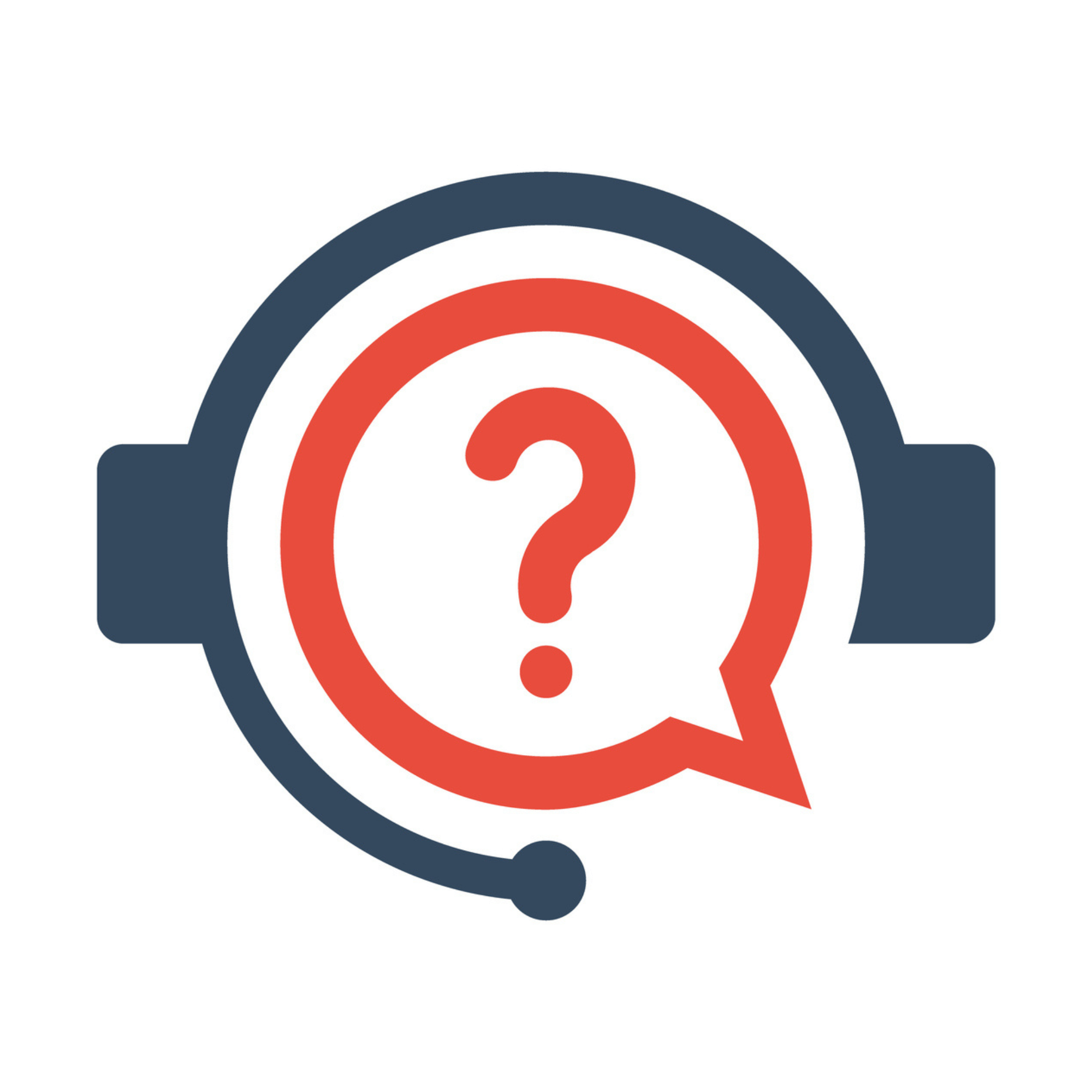Fostering Emotional Intelligence in The Workplace
Fostering Emotional Intelligence in The Workplace
There are several key traits we expect from job candidates and executives alike – dependability, integrity, the ability to communicate clearly, cultural competency, problem solving, and a strong work ethic – but we are failing to value emotional intelligence (EQ) in the hiring, training, and managing processes. Emotional intelligence, defined by Psychology Today as the ability to identify and manage one’s emotions and the emotions of others, is critical in the workplace.
Employees and leaders who are able to perceive, reason, understand, and manage their own emotions as well as those of colleagues, are better collaborators, build stronger teams, and contribute to a more positive overall work environment. Emotional intelligence begins with the individual but can impact teams and work environments collectively. Read on for our insights on developing and showcasing your emotional intelligence as an individual, a candidate, and for the greater workplace.
EQ For The Individual/Employee
To gauge your own emotional intelligence, we recommend taking a self-assessment. Tests, such as the ones listed below, will help you better understand your emotional regulation, empathy, and self-awareness strength and growth areas.
- Psychology Today Test – 146 questions – Free
- Institute for Health and Human Potential – 17 questions – Free
- The Greater Good Science Center – 25 questions – Free
- Mind Tools – 15 questions – Free
- Talent Smart – 28 questions – $49
To gain more context about your personal EQ, we recommend asking others for feedback as our individual perception of ourselves can vary from what our friends, colleagues, and family may say about our self-awareness, empathy, and adaptability. Consider asking about your response to challenging situations, your adaptability and ability to empathize, and your general self-awareness.
Developing EQ is an ongoing process, but these results and responses will shed light on the areas for you to focus on.
An important step in improving your emotional intelligence is labeling your feelings. Recognizing your emotions and naming them is crucial for your individual emotional awareness and your ability to identify emotions in other people. We often react to our emotions before identifying them. Practice labeling your emotions – I feel angry, I feel confident, I feel stressed, I feel satisfied. Think about the events that ignited those emotions and how you recover from negative emotions. This exercise will help you to differentiate between feelings, link those emotions to causation, and improve your ability to identify emotions of others.
Want to take it even further? LinkedIn offers a free one-hour course titled Developing Your Emotional Intelligence, Coursera has several related courses, Cornell offers a certificate program, and Harvard offers a 2-day Emotional Intelligence in Leadership course four times per year.
EQ For The Job Seeker
In addition to the technical skills required for a position, candidates who demonstrate strong communication skills, teamwork skills, and the ability to manage others, will stand out in the hiring process. These skills are most naturally demonstrated in interviews, but they can be expressed in the resume as well.
The language used in resumes and cover letters can signal EQ, as words like “leading with empathy”, “inclusion” or “sensitivity” indicate self-awareness and emotional awareness of peers. Additionally, emphasizing professional experiences that rely on EQ skills, such as leading a team, improving a process for a company, juggling various deadlines and managing conflicting priorities help to underscore EQ strength.
Interviews provide the best opportunity for a candidate to demonstrate their EQ to a future employer. Fundamentals such as eye-contact and actively listening to an interviewer’s words and providing thoughtful responses indicate that perception and personability. Demonstrating a passion and excitement for your work and the position signals a positive outlook. Opportunities to share how you respond to high-stress situations, manage deadlines, are detail oriented, resolve conflict, create workplace community, and possess a flexible mindset are all excellent skills to touch on in your conversation with an interviewer.
Generally, it is best to be as specific as possible in your job application and interview, providing numbers to quantify your previous successes. While it is not quantifiably feasible to demonstrate your EQ prowess, referencing colleague and leadership feedback regarding your teamwork, positivity, stress-response, and time management are effective ways to provide more legitimacy to your EQ skills.
EQ For The Employer
Despite the individual nature of emotional intelligence, it is highly beneficial for organizations to foster EQ awareness and development in the workplace. A professional environment of highly emotionally intelligent individuals produces stronger interpersonal relationships, stronger bonds with colleagues and senior leaders, and greater overall workplace satisfaction.
Engaging Employees
In order to build a more connected and effective workplace, employers should begin by engaging employees about the EQ of each individual team member and facilitating conversation to compare their traits. One of the most effective methods is identifying team members’ strengths and weaknesses, through the online tests listed above and the following assessments:
- Caliper Profile: Analyzes 23 different attributes for each employee, including risk-assessment and mitigation, time management, leadership, etc.
- Pymetrics: Neuroscience-based brain games to assess cognitive and emotional traits.
- Predicative Index Behavior Assessment: Analyzes four aspects of employees – dominance, extroversion, patience, and formality.
- Myers-Briggs Type Indicator: Assesses the way individuals interpret their experience in four categories – introversion/ extroversion, sensing/ intuition, thinking/ feeling, and judging/ perception.
- DISC Assessment: Tests the various ways employees think, act, and react through assessment of their dominance, influence, steadfastness, and conscientiousness.
- Knack: A game-based app that determines how employees think and work.
- Situational Judgement Test: Indicates the response of employees to specific workplace situations.
- SHL Occupational Personality Questionnaire: Asks over 100 questions to determine individual traits in three primary areas – relationships with people, thinking style and feelings, and emotions.
Fostering EQ
There are several other key principles of generating more EQ-driven workplaces, including:
-
- Leadership: The EQ model that is presented by team and organizational leadership is crucial for setting the precedent for employees and for the leaders’ overall professional success. As a leader, are you self-aware? What example are you setting and how are you fostering the EQ of your team?
- Spark Passion: Cultivating an environment of positivity leads to greater connectedness among employees. Recognizing accomplishments and hard work of team members and prioritizing flexibility and mission-driven work will lead to a more engaged team.
- Voice: Fostering an open and collaborative working environment where all team members have a voice will cultivate the communication skills of each employee. Providing opportunities for teams to share collectively helps your team to empathize, gain a better understanding of body language, and strengthen their listening skills. When challenges arise for an individual or for the group work collectively to strategize ways to solve the problem together.
- Acknowledge Emotions: In one-one-one conversations with colleagues, as well as meetings and group discussions, create a safe environment for them to share with you. This will not only make someone feel valued but contributes to the overall EQ of everyone involved. When employees express negative emotions use the opportunity to encourage stress management and self-care.
–
The global pandemic has rocked social norms and social interactions, as we have had fewer colleague interactions and social cues have been difficult to interpret via virtual and text-based communications, making this an ideal time for leaders and individuals alike to re-focus on EQ development. How do you showcase your EQ as a candidate, or facilitate EQ in the workplace?






